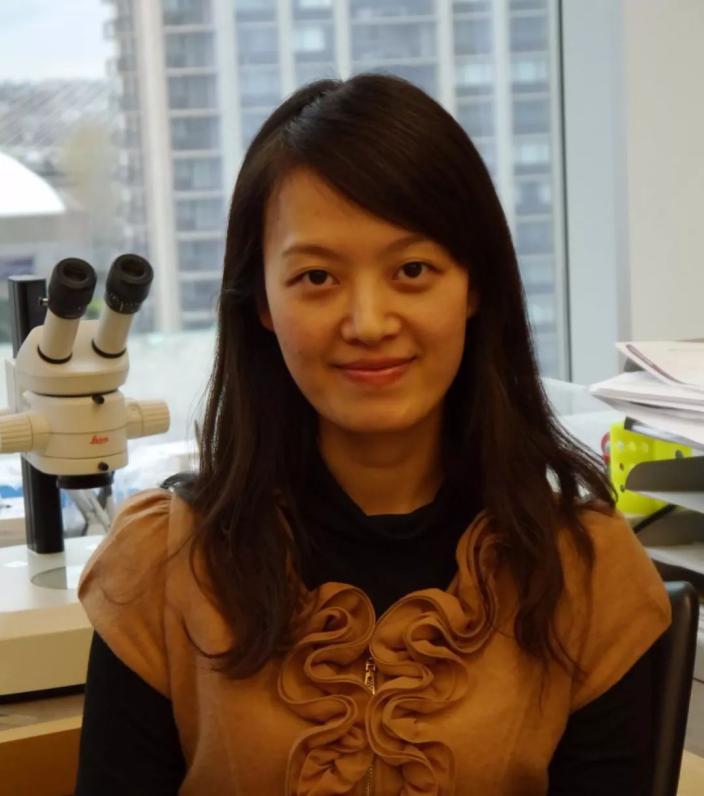Home> News
Peking University professors announce new mTORC1findings
Updated: 2018-06-01

Liu Ying, a professor at Peking-Tsinghua Center for Life Sciences
A research team led by Liu Ying, a professor at Peking-Tsinghua Center for Life Sciences and the Institute of Molecular Medicine of Peking University, recently unveiled its latest findings about a new regulation mechanism of mTORC1.
The team published an academic paper titled KLHL22 activates amino-acid-dependent mTORC1 signaling to promote tumorigenesis and ageing in Nature on May 16, proving that KLHL22 plays an important role in mediating the activation of amino-acid-dependent mTORC1 and also KLHL22 levels, which can influence the process of ageing and the occurrence of breast cancer.
Therefore, pharmacological interventions targeting KLHL22 may have therapeutic potential for the treatment of breast cancer and age-related diseases.
mTORC1, also known as a mechanistic target of rapamycin complex 1, is a master regulator of cell growth that responds to a diverse set of environmental cues, including amino acids.
Deregulation of mTORC1 has been linked with metabolic diseases, cancer and ageing.
The results show that in response to amino acids, the CUL3–KLHL22 E3 ubiquitin ligase promotes K48-linked polyubiquitination and degradation of DEPDC5, an essential subunit of GATOR1. Besides, KLHL22 plays a conserved role to mediate the activation of mTORC1 and downstream events in mammals and nematodes.
Depletion of MEL-26, the Caenorhabditis elegans orthologue of KLHL22, extends worm lifespan. Moreover, KLHL22 levels are elevated in tumors of breast cancer patients, whereas DEPDC5 levels are correspondingly reduced. Depletion of KLHL22 in breast cancer cells suppresses tumor growth in nude mice.
The research has won support from the National Key R&D Plan of the Ministry of Science and Technology, the 973 Plan (a national key research development plan), the National Natural Science Foundation of China, Peking-Tsinghua Center for Life Sciences, the State Key Laboratory of Membrane Biology, the Institute of Zoology of CAS and Howard Hughes Medical Institute (HHMI) International Research Scholars program.
Chen Jie, a doctoral candidate of the Academy for Advanced Interdisciplinary Studies at Peking University, is the one of the paper's authors, along with Liu Ying, who co-wrote the paper. Ou Yuhui, a doctoral candidate of the Institute of Molecular Medicine of Peking University also contributed to the research.
